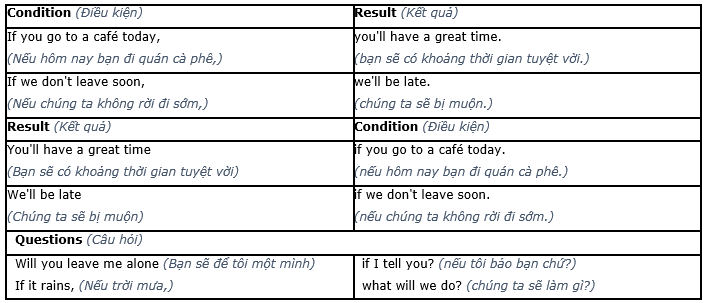2. Read the Learn this! box. Complete the rules with a/ an, the, or no article(-).(Đọc hộp Learn this! Hoàn thành các quy tắc với a/an, the hoặc không có mạo từ.)LEARN THIS! Articlesa. We use (1) _____ to talk about something for the first time.There’s a interactive whiteboard in our classroom.b. We use (2) _____ when we mention something again.Our teacher often uses the interactive whiteboardc. We use (3) _____ when it is clear what we are talking about, or when there...
Đọc tiếp
2. Read the Learn this! box. Complete the rules with a/ an, the, or no article(-).
(Đọc hộp Learn this! Hoàn thành các quy tắc với a/an, the hoặc không có mạo từ.)
LEARN THIS! Articles
a. We use (1) _____ to talk about something for the first time.
There’s a interactive whiteboard in our classroom.
b. We use (2) _____ when we mention something again.
Our teacher often uses the interactive whiteboard
c. We use (3) _____ when it is clear what we are talking about, or when there is only one of something.
We play basketball in the gym. (The gym at school)
The sun is shining.
d. We use (4) _____ to say what someone's job is.
My mum's a teacher.
e. Note these set phrases
- (5) _____: listen to the radio, go to the cinema, play the guitar
- (6) _____: watch TV. listen to music, in/ to bed, to/ at / from school, at home / work, in hospital


RULES (Quy tắc)
1 We use the first conditional to talk about an action and the result of this action in the future.
(Chúng ta sử dụng điều kiện loại 1 để nói về một hành động và kết quả của hành động này trong tương
lai.)
2 We describe the action with if + the present simple.
(Chúng ta mô tả hành động với if + thì hiện tại đơn.)
3 We describe the result with will + base form.
(Chúng ta mô tả kết quả với dạng will + hình thức nguyên mẫu.)
4 The sentence can start with the action or the result.
(Câu có thể bắt đầu bằng hành động hoặc kết quả.)